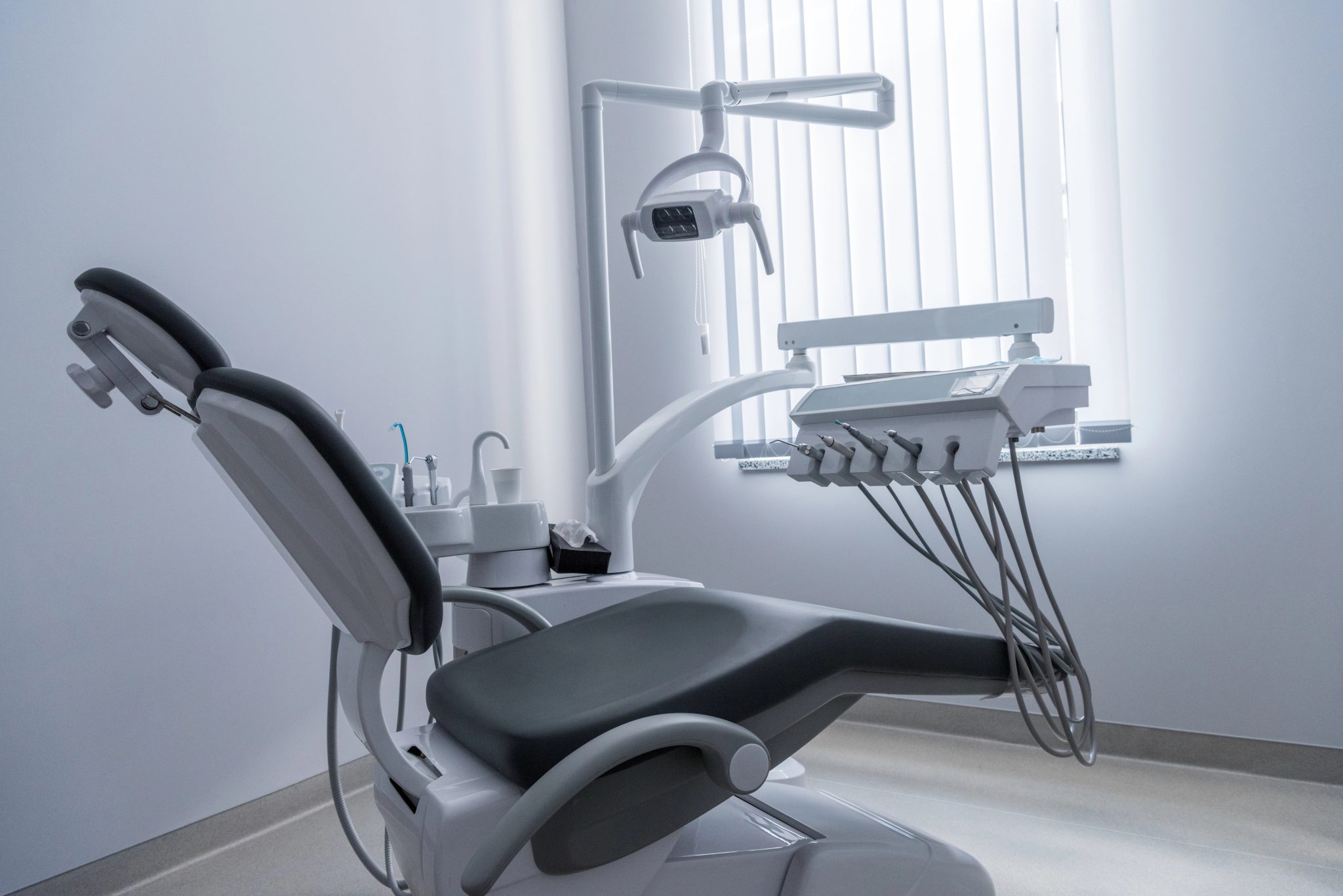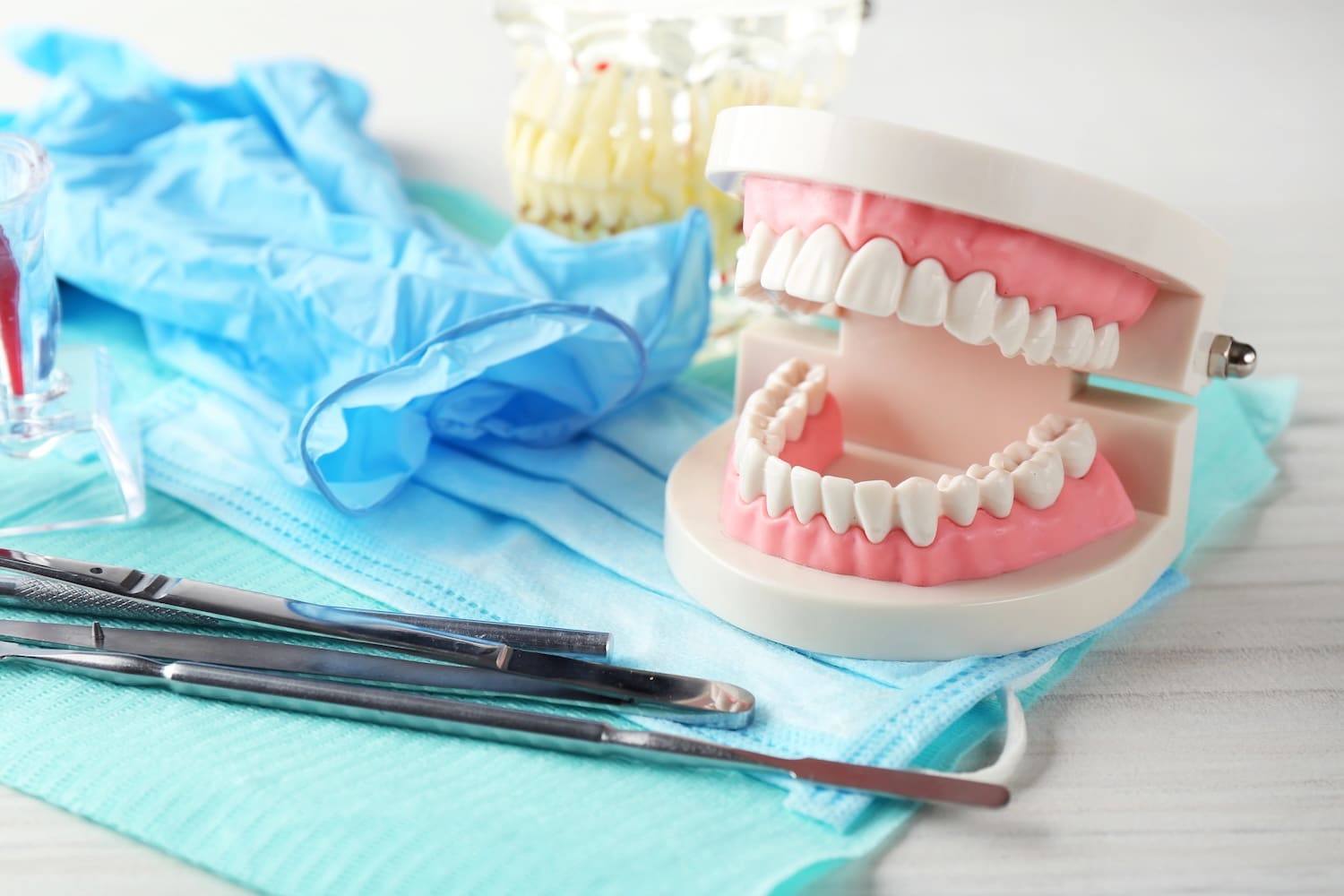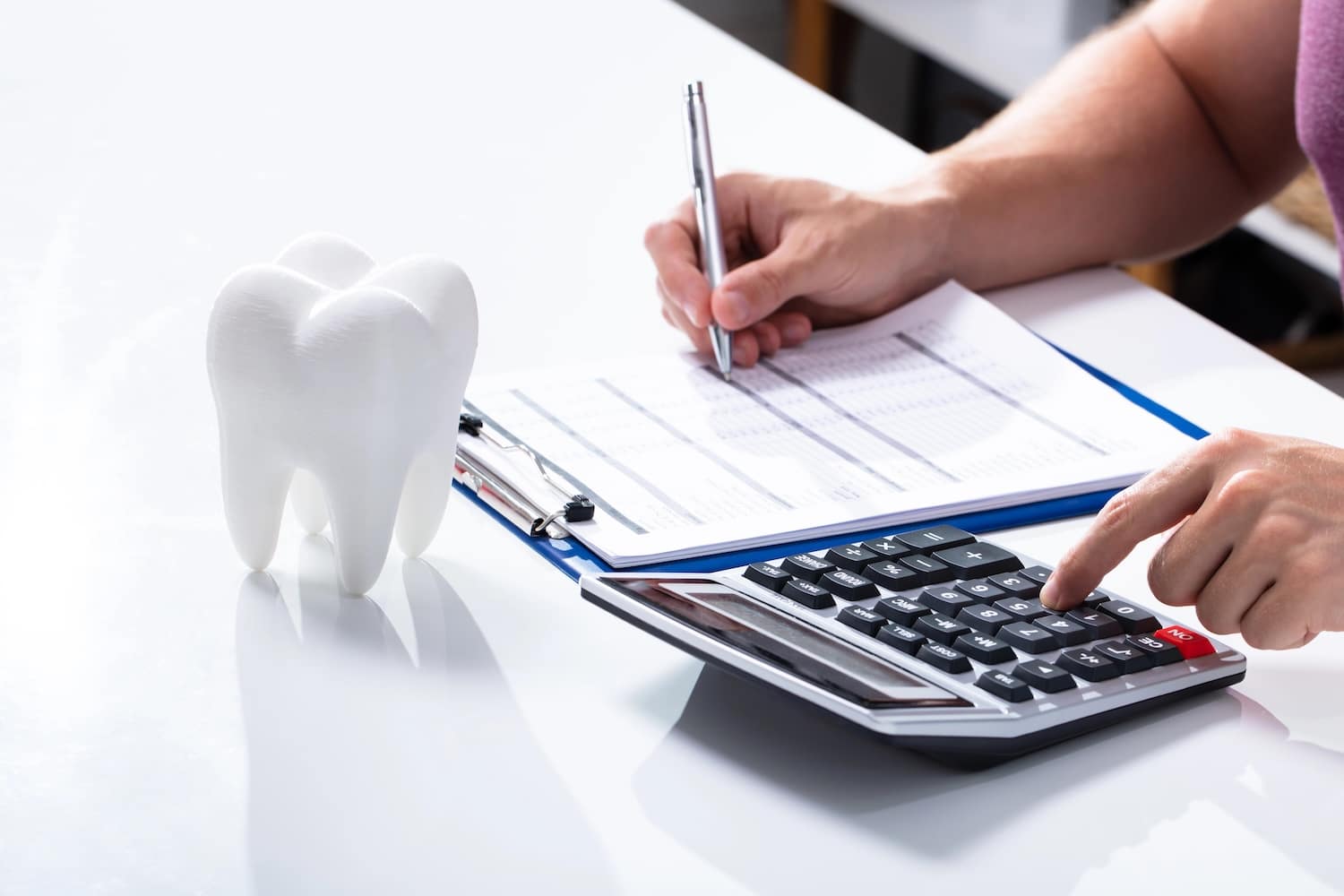Running a dental practice comes with many responsibilities, and managing taxes is one of them. As a dentist, you might focus more on patient care than on financial details, which means it’s easy to overlook valuable tax deductions. Missing these opportunities could result in paying more tax than you need to.
Knowing which deductions apply to your practice can make a big difference. From equipment expenses to staff training costs, there are several areas where you might save. By understanding these deductions, you can reduce your tax bill and keep more money in your business.
Table of Contents
ToggleImportance of Understanding Tax Deductions
Tax deductions aren’t just about saving a little money – they directly affect your practice’s bottom line. By reducing your taxable income, you keep more of your hard-earned profits where they belong: in your business. Without a clear understanding of what you can claim, you risk overpaying the government, which limits your cash flow and slows down growth.
For dentists, recognizing industry-specific deductions such as equipment depreciation, training courses, or professional memberships makes a real difference. Each deduction contributes to more accurate tax filings and greater savings over time.
When you know what’s available, you gain stronger financial control. That means more resources to reinvest – whether in upgrading technology, expanding services, or improving patient care. With the right tax planning in place, you avoid missed opportunities and strengthen the long-term financial health of your practice.
Common Tax Challenges Dentists Face
Despite their expertise in dentistry, many professionals find tax management overwhelming. A common struggle is identifying all eligible expenses. Overlooking deductions, like professional fees, equipment purchases, or pension contributions, often leads to unnecessarily high tax bills. Vehicle use is another tricky area, as only business-related mileage qualifies, and misreporting it is a frequent error.
Record keeping is another major hurdle. Mixing personal and business transactions or neglecting to keep detailed receipts makes filings more complicated and increases the chance of mistakes. Beyond that, many dentists miss out on valuable opportunities, such as taking advantage of S-corp tax benefits or claiming capital allowances on essential dental tools.
Without the support of a specialized accountant, maximizing deductions becomes even more difficult. That’s why early planning, careful documentation, and expert guidance are key. With the right systems in place, you not only minimize errors but also unlock significant savings that strengthen your practice’s financial position.

7 Tax Deductions Dentists Often Miss
Continuing Education and Training Costs
Courses, workshops, and certifications to improve your dental skills are fully deductible. These expenses directly relate to maintaining professional standards in your practice and can reduce your taxable income.
Equipment and Tool Depreciation
Claim depreciation on high-cost dental tools and equipment over time. This spreads the expense across several years, lowering your taxable profits annually.
Home Office Expenses
Deduct a portion of your home expenses, such as rent and utilities, if you use a dedicated space for administrative duties. Ensure the area is used exclusively for business purposes.
Uniforms and Work Clothing
Claim costs for dental uniforms and protective clothing that aren’t suitable for personal wear. These are necessary for maintaining hygiene and professionalism.
Professional Association Fees
Membership fees for bodies like the GDC or BDA, as well as professional indemnity insurance, are tax-deductible. These expenses are essential to your profession.
Business Travel and Vehicle Costs
Include travel expenses for work, such as mileage or public transport fares. Keep detailed records for accurate claims and compliance.
Marketing and Advertising Expenses
Deduct costs for promoting your practice, including website fees, printed materials, and online ads. These expenses directly support your business growth.
Tips For Keeping Accurate Tax Records
Good record-keeping is the foundation of smart tax management. One of the easiest ways to stay organized is to use a dedicated business account. By separating personal and practice expenses, you create a clear paper trail and reduce the risk of overlooking deductions.
Keep receipts for every purchase, both in digital and physical form. Having a backup not only protects you in case of an audit but also makes it easier to support your claims.
Make a habit of updating your expense records regularly and categorizing them correctly. This simple step prevents errors and helps you spot eligible deductions before tax season sneaks up on you.
If you ever cover business costs out of your own pocket, document the reimbursement details right away. This avoids confusion later and ensures your filings remain accurate.
Finally, consider using accounting software like QuickBooks or Xero. These tools simplify bookkeeping, track expenses automatically, and generate detailed reports that save you time and stress.

Seeking Professional Help for Maximizing Deductions
Even with good records, it’s easy to miss valuable tax-saving opportunities without expert guidance. Tax advisers who specialize in dental practices can spot deductions you might overlook – like equipment depreciation, professional fees, or pension relief. Many also review past returns, helping you recover missed savings and secure refunds.
Specialists don’t just find deductions; they also guide you through strategies such as S-corp elections or capital allowance claims. Their expertise ensures compliance with tax laws, minimizes your risk of penalties, and keeps your filings accurate.
By working with a professional early, you strengthen your financial position while saving yourself time and stress. More importantly, you gain the confidence that your taxes are handled correctly, freeing you to focus on what matters most: running a successful practice and caring for your patients.
Adam has an MBA from the Richard Ivey School of Business in London and also holds a Chartered Investment Manager designation.
- 2026 Tax Changes Affecting Canadian Dentists - January 5, 2026
- Financial Metrics Every Dental Practice Should Track - December 22, 2025
- Buying vs. Starting a Dental Practice: Financial Comparison - December 11, 2025




